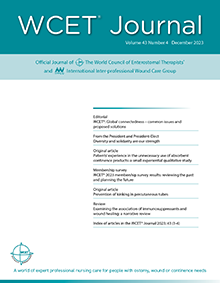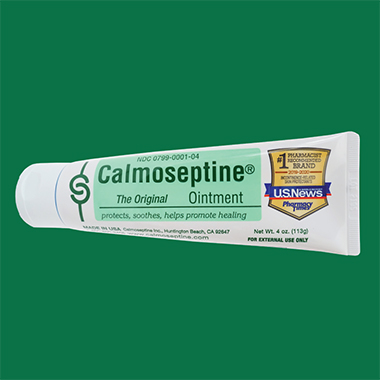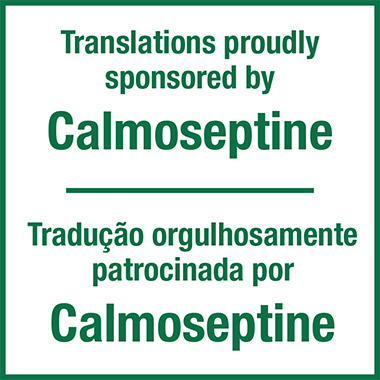Objective To describe the lived experience of a small group of inpatients arising from the unnecessary use of absorbent continence products in a hospital in Bogotá, Colombia.
Method A qualitative and phenomenological study. Interviews were undertaken with consenting participants as well as participant observations until data saturation occurred. Subsequently, all data were transcribed and analysed based on Husserl’s Methodology to derive themes and categories of the phenomenon seen.
Subjects and setting A selective sample of seven continent people without previous use of absorbent continence products and with mild disability, according to the PULSES profile, were recruited from the internal medicine service of a high complexity hospital in Bogotá, Colombia.
Results As a result of the data analysis, five themes or categories arose: getting into an unknown world; looking for care; submitting to using an absorbent continence product; my body’s reaction to using an absorbent continence product; and adapting or trying to recover my independence.
Conclusions The lived experience of patients who were required to unnecessarily wear absorbent incontinence products while in hospital and the ensuing detrimental effect on their psychological and physical wellbeing are described. Health professionals, whilst under time and other constraints, need to understand the patients’ perspective and their desire to maintain independence with their elimination needs when in hospital. The unnecessary use of absorbent incontinence products is not best practice, is not economical healthcare, and it potentially has adverse effects on the environment.




